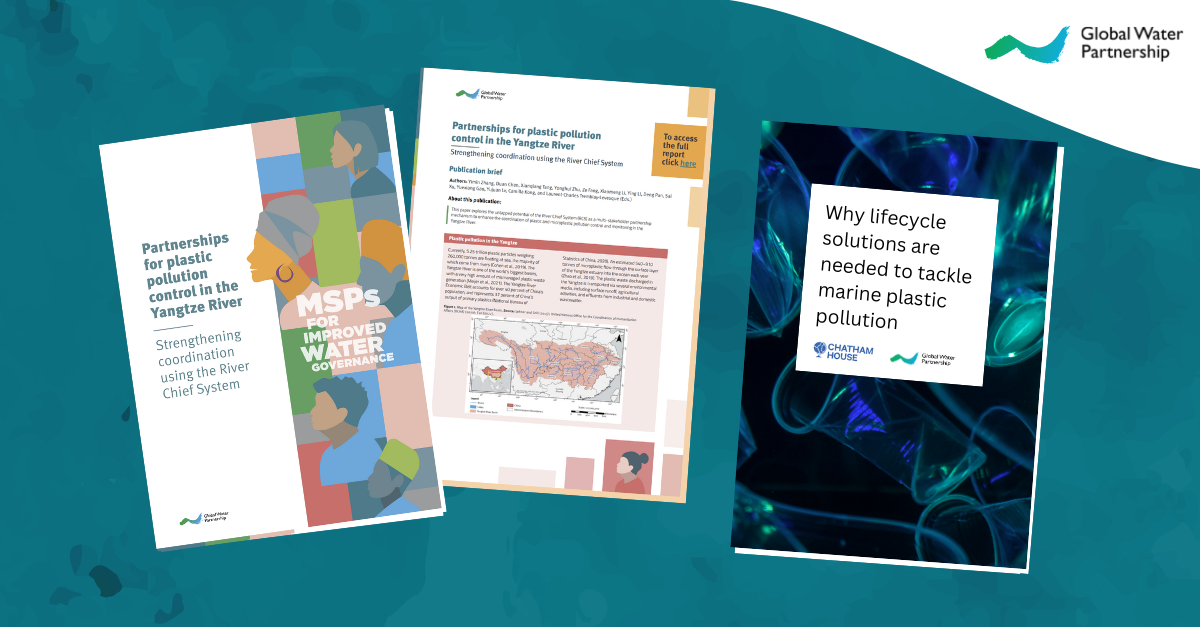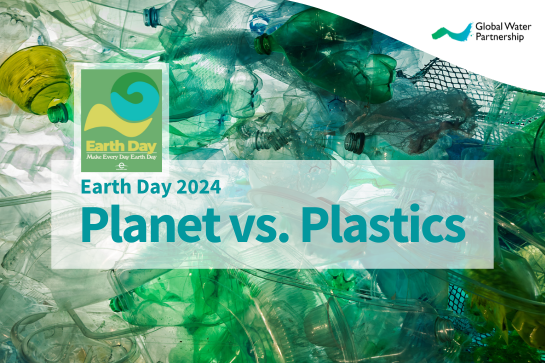Plastic pollutes our oceans, lakes, rivers, and all other parts of Earth’s hydrosphere and affect more than 800 marine and coastal species by pollution through ingestion, entanglement, and other dangers. According to OECD’s Global Plastics Outlook, 11 million tonnes of plastic flow into the ocean annually – an amount that may triple by 2040 if no action is taken. But as the world increasingly wakes up to the reality of this global issue and efforts to address it are gaining momentum, some talk about the beginning of the end for plastic.
Initiatives underscoring that the global community has its eyes on plastic:
- UN Environment Programme (UNEP) report outlines how we can slash plastic pollution by 80% globally by 2040.
- Earthday.org pleads for a 60% reduction in ALL plastics by 2040.
- The Global Plastics Treaty currently in the making by UN member states.
What’s the status of the Global Plastics Treaty?
In March 2022, 175 nations agreed to develop a legally binding agreement on plastic pollution by the end of 2024, prompting a major step towards reducing greenhouse gas emissions from plastic production, use and disposal. The agreement is referred to as the Global Plastics Treaty.
In consensus with the countries agreeing on the treaty and stating that there is ‘no time to waste’, major commercial businesses joined in on the wish to tackle the issue of plastic pollution.
The countries met again in late May 2023, and by September UNEP launched the Zero draft text of the international legally binding instrument on plastic pollution, including in the marine environment in which the ambition of completing a final agreement by the end of 2024 is highlighted.

GWP Publications on plastic pollution
GWP’s 2022 “Partnerships for plastic pollution control in the Yangtze River” paper explores the untapped potential of the River Chief System (RCS) as a multi-stakeholder partnership mechanism to enhance the coordination of plastic and microplastic pollution control and monitoring in the Yangtze River. To obtain a good technical understanding of the Plastic pollution problem, a material flow analysis (MFA) was conducted in Anhui Province in the lower catchment of the Yangtze Basin. In parallel with the MFA, an institutional analysis was conducted to generate understanding of the governance and regulatory gaps in controlling plastic pollution. Building on these two analyses, the report concludes with key recommendations on how to further develop and apply the RCS to enhance plastic pollution control in the Yangtze and across China. Click here to read the brief about this publication.
2023 paper by Chatham House & GWP “Why lifecycle solutions are needed to tackle marine plastic pollution” highlights that in terms of eliminating plastic pollution, “many of the current efforts by national and local governments, industry and civil society are highly uncoordinated and often focus on downstream solutions – the cleaning up of plastic waste after it has already leaked into the environment.” The paper argues that available funds would be better spent on waste management, given that 2 billion people lack waste collection services. Further, it explains that integrated water resources management (IWRM) can be a part of the solution by playing a significant role in preventing plastic waste leakage into Earth’s water resources.

